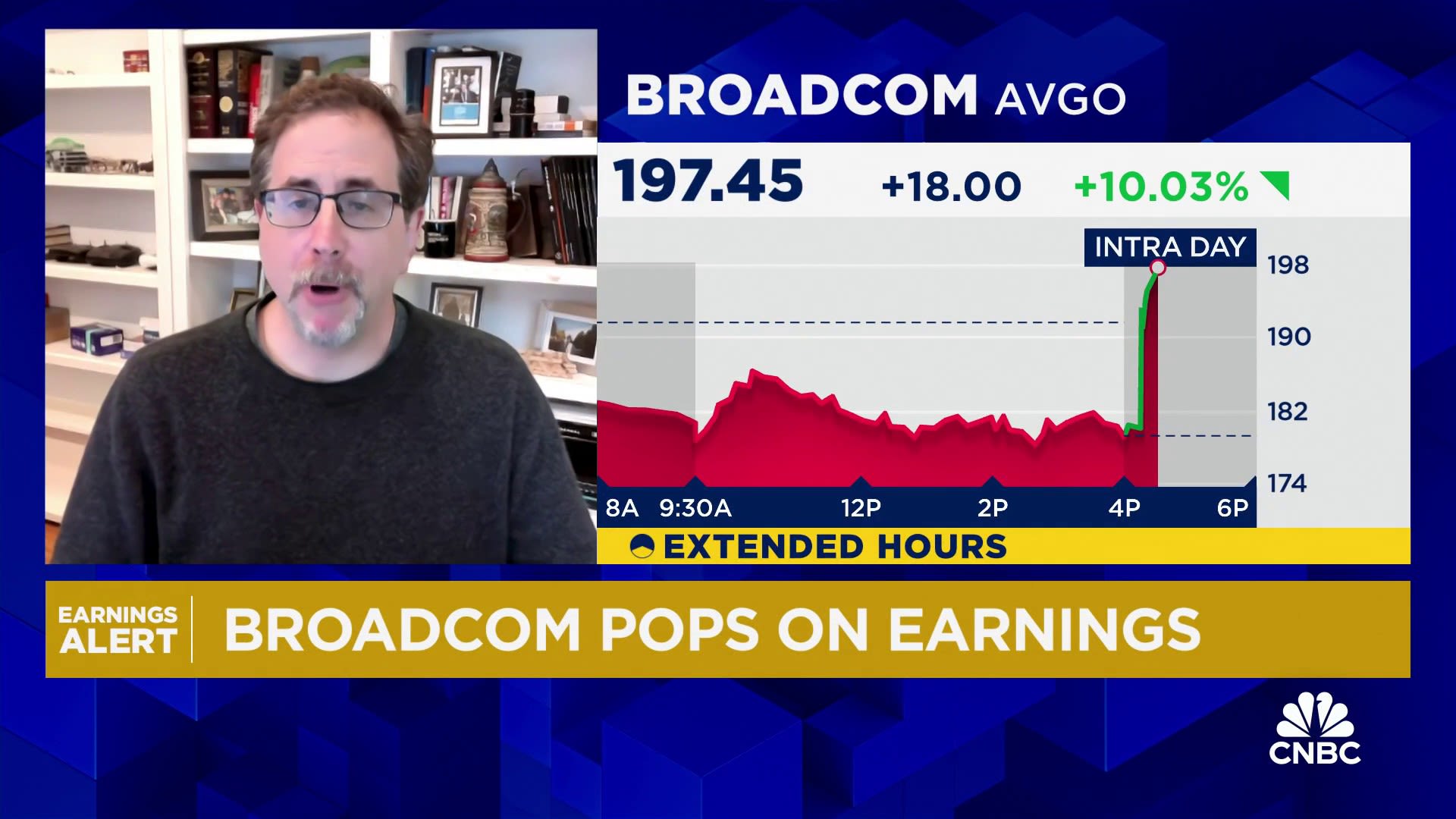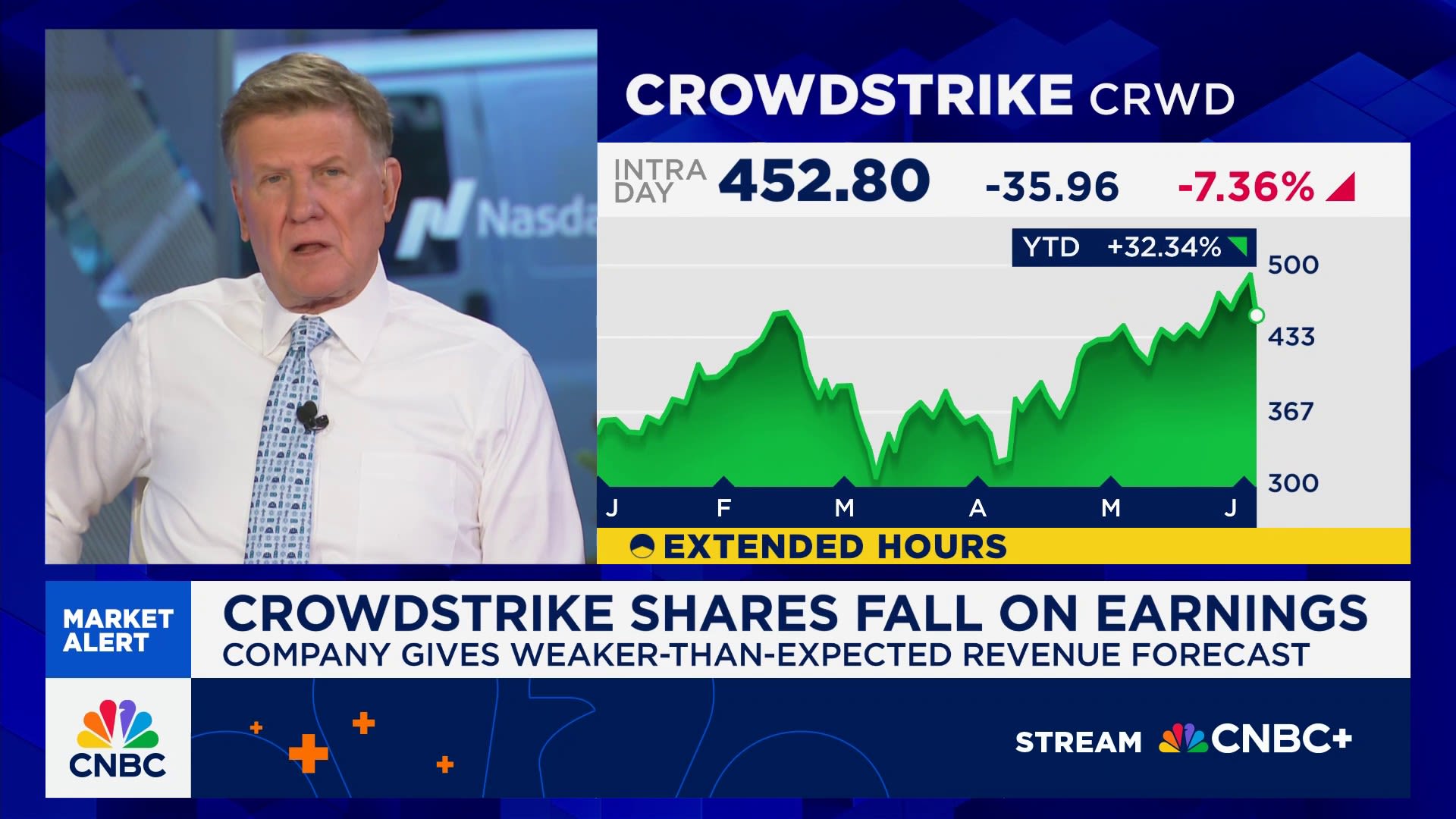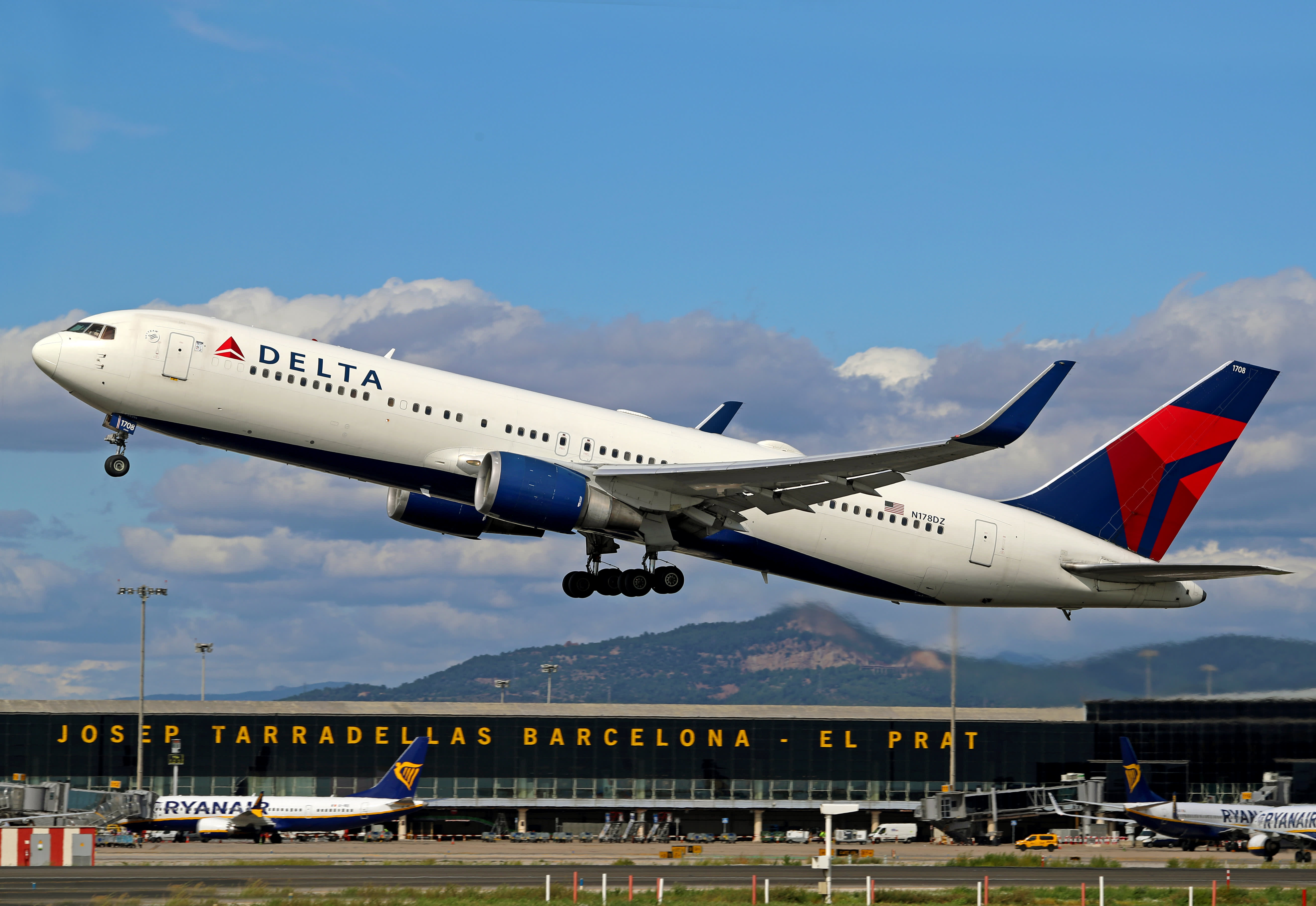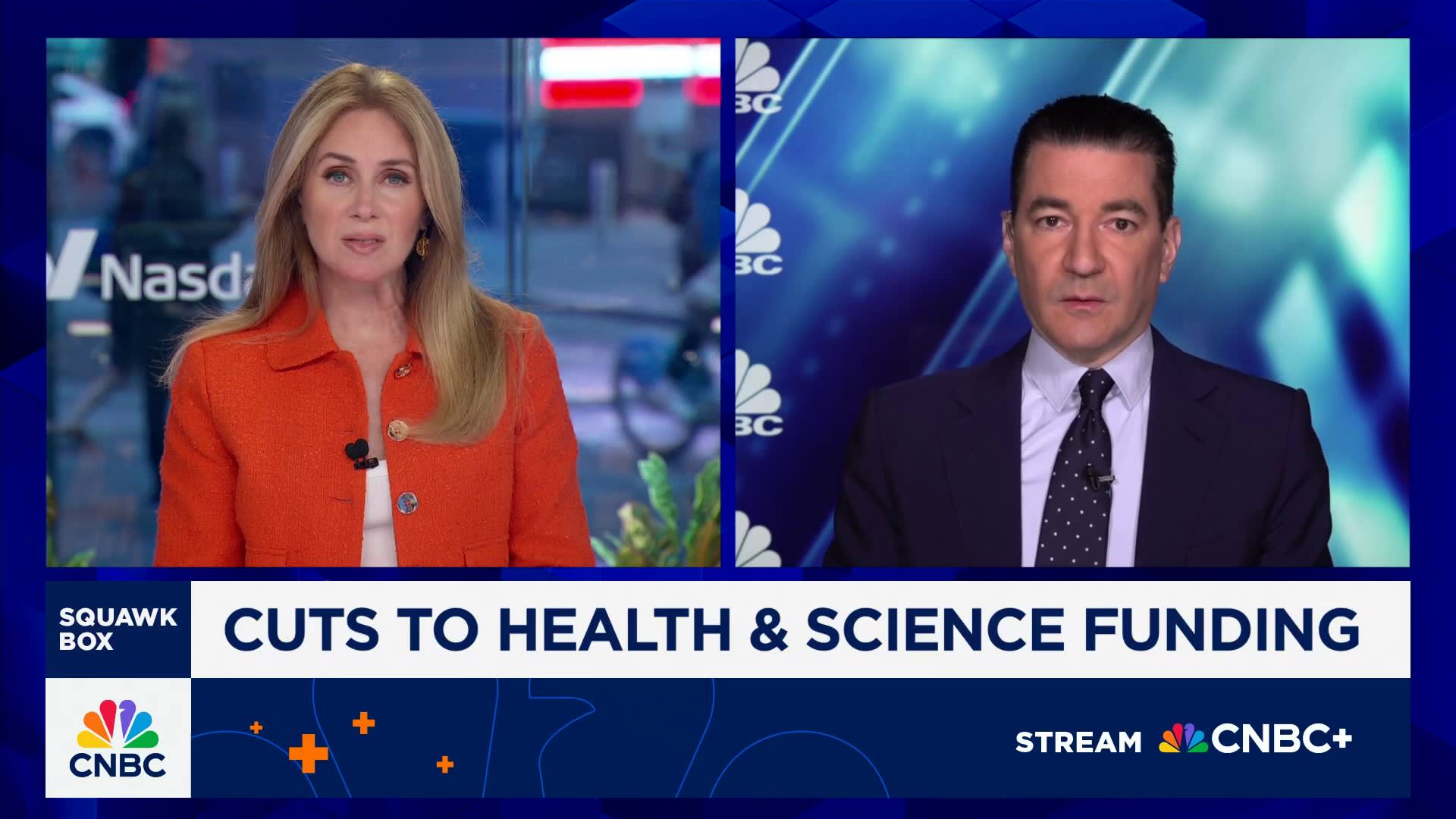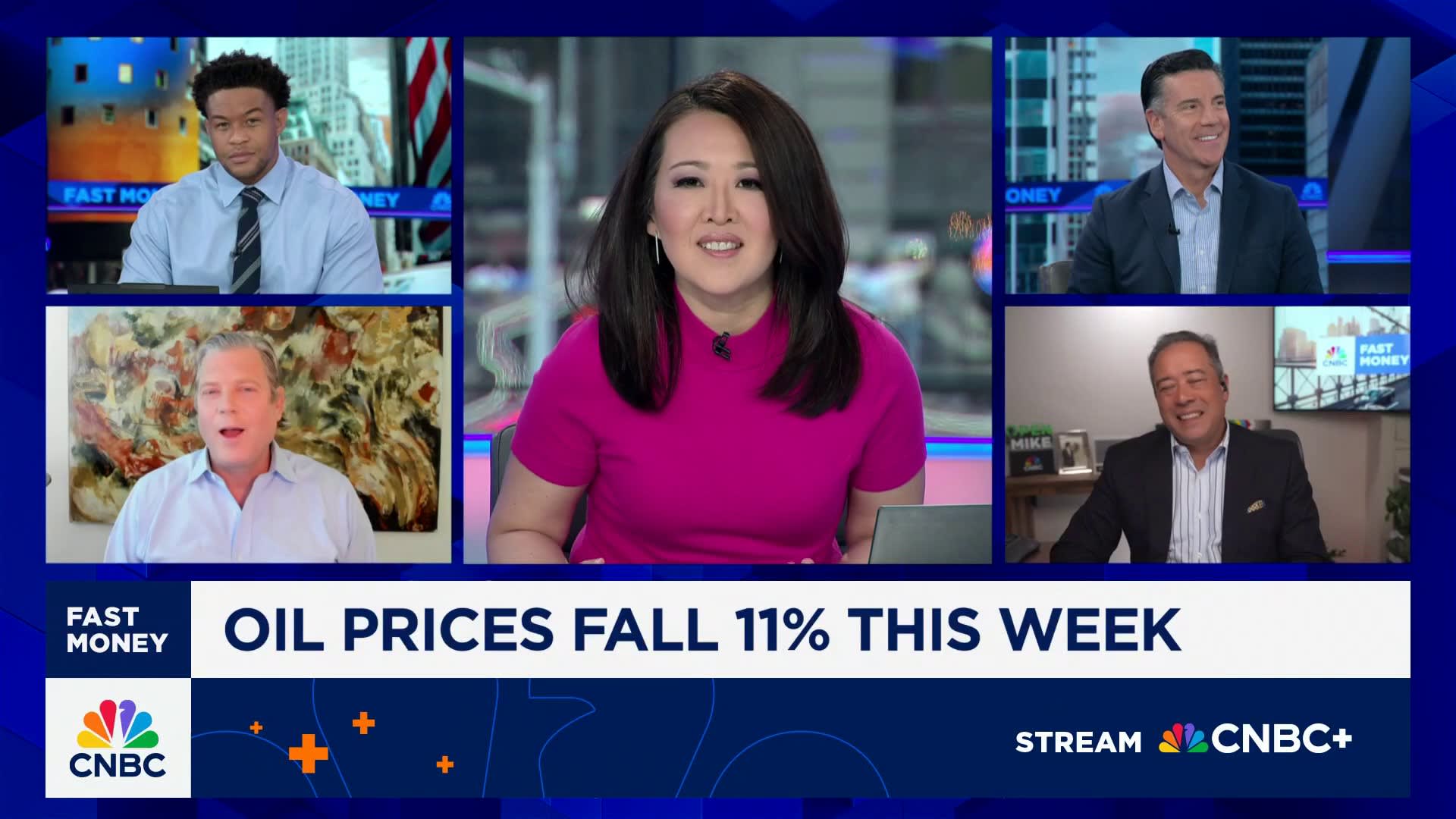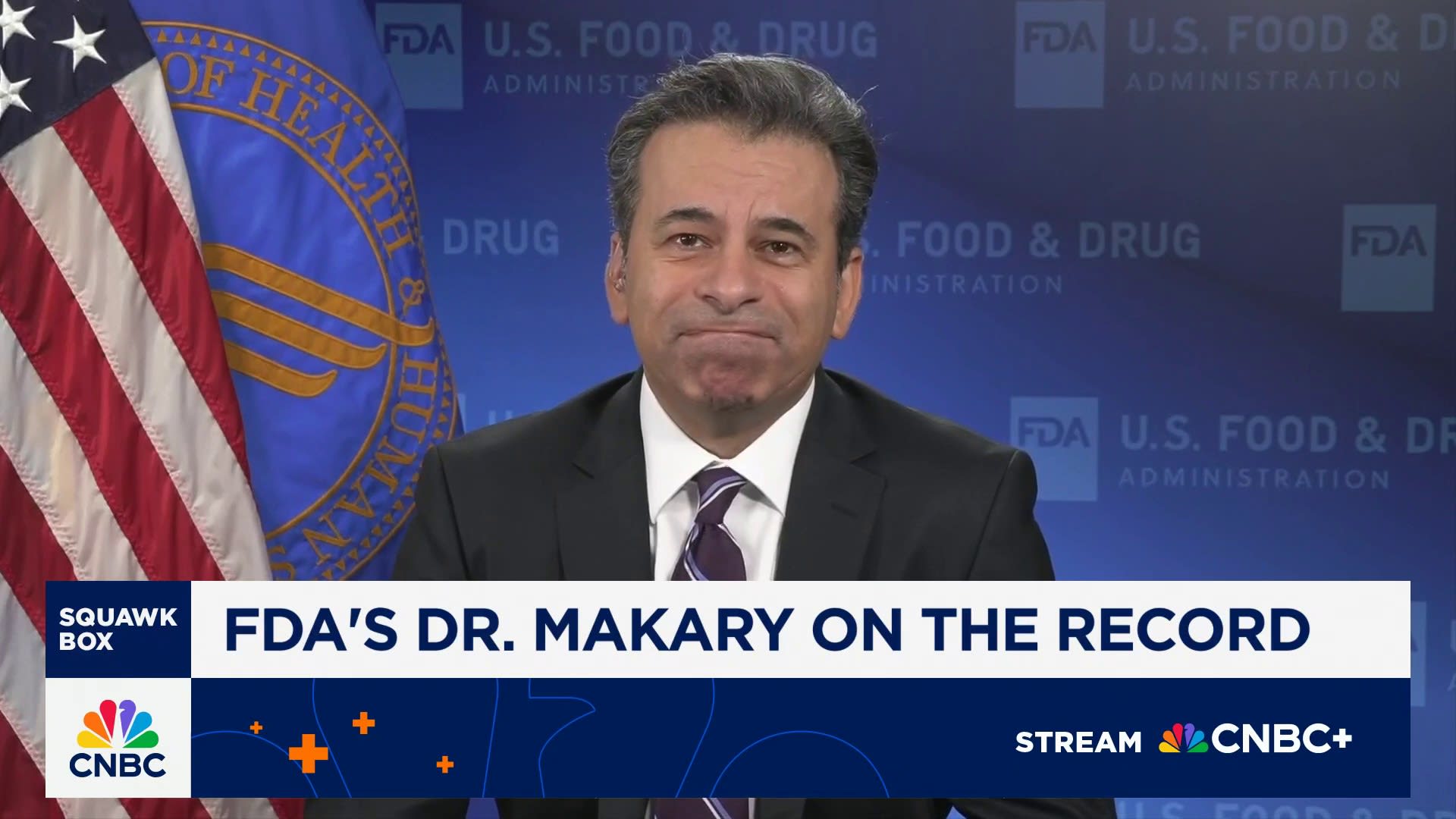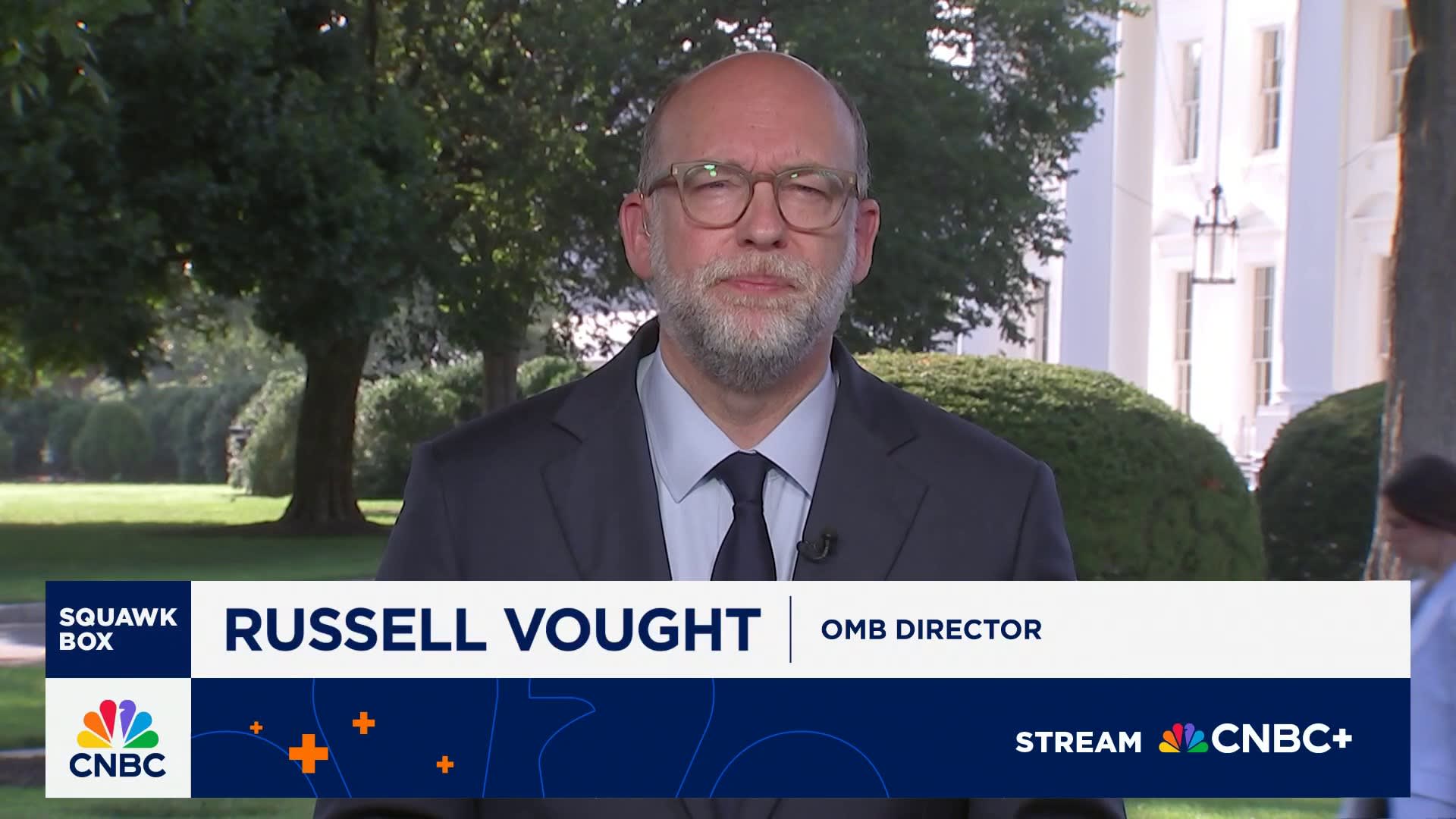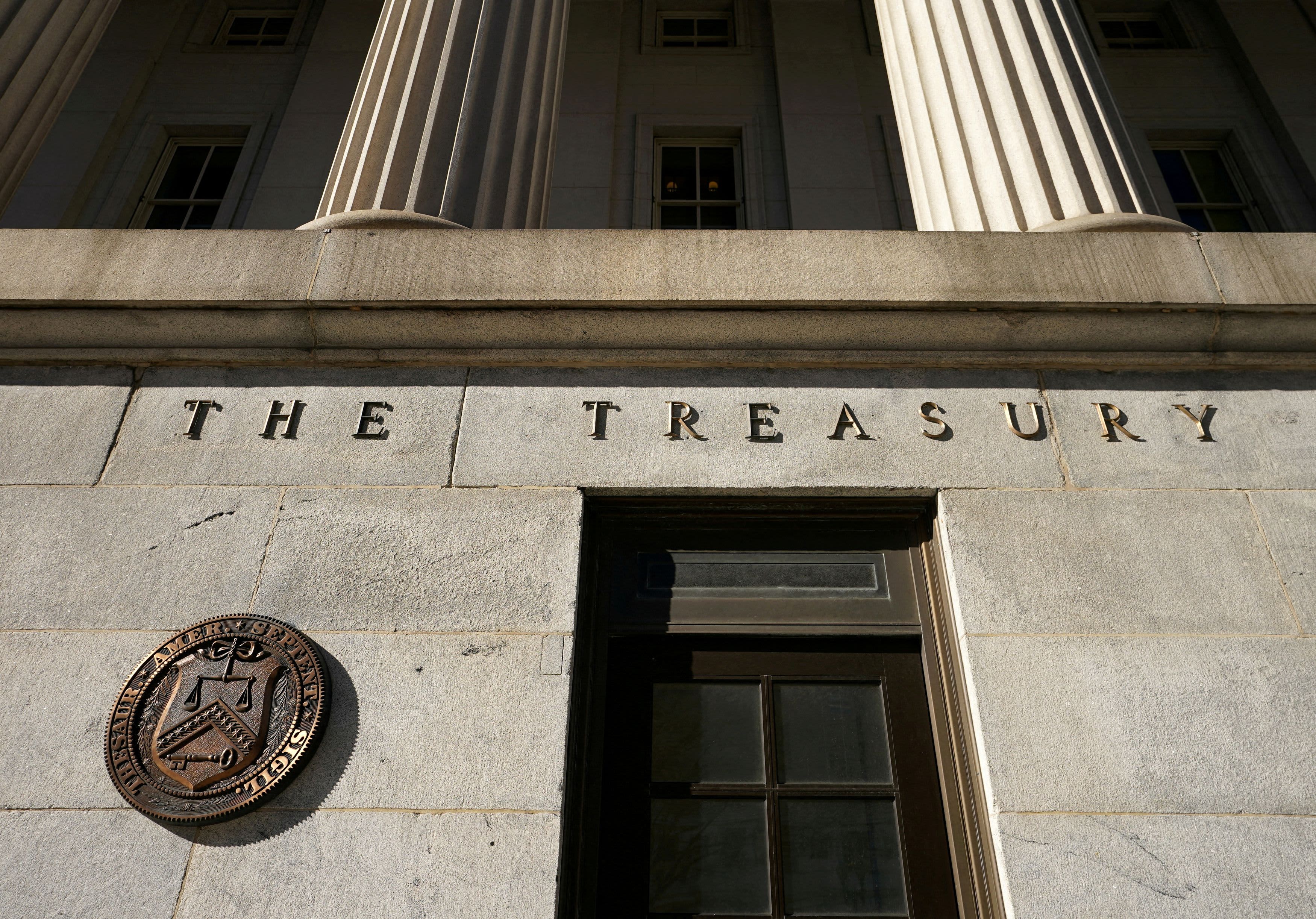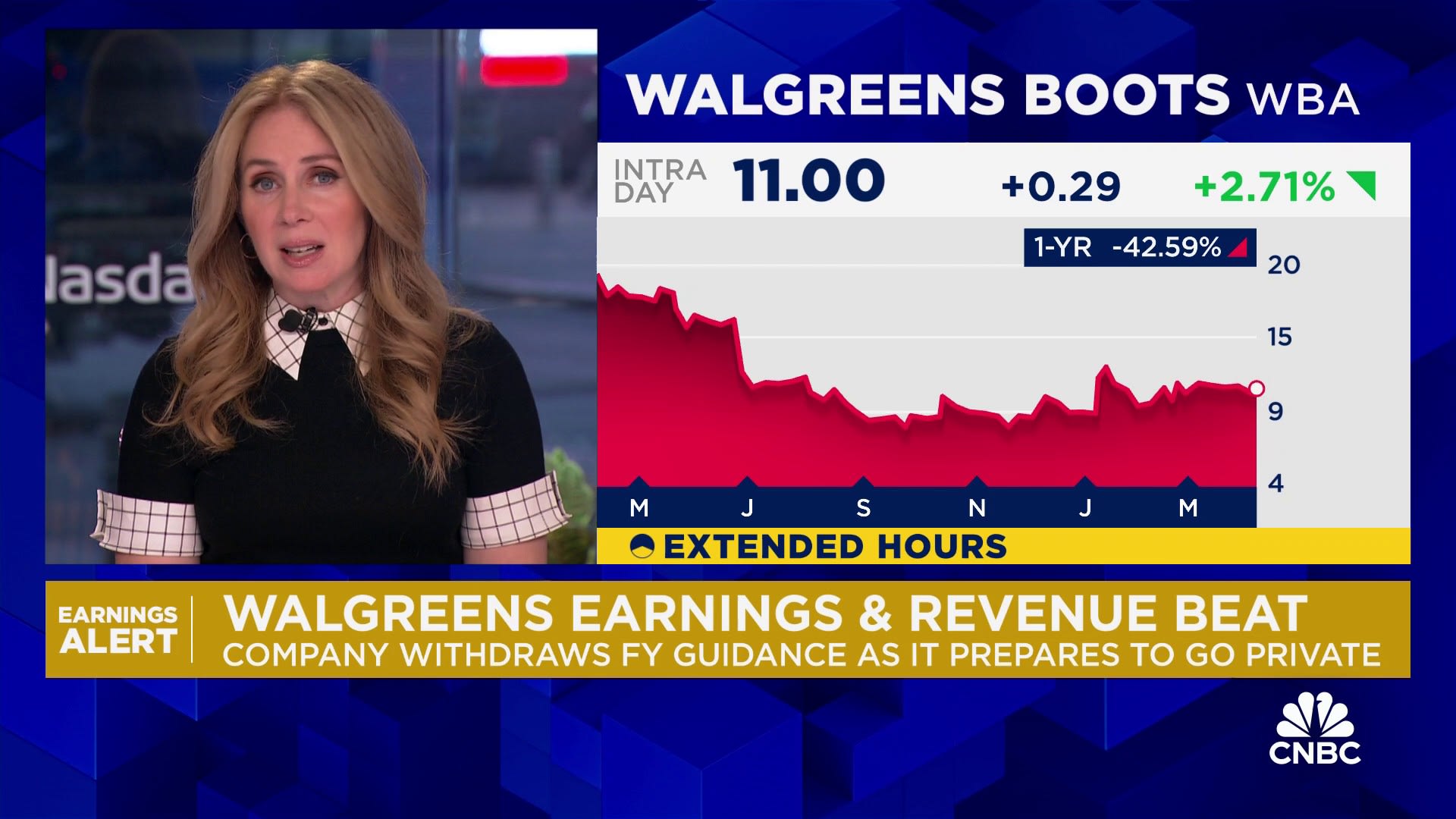
Walgreens on Tuesday reported fiscal second-quarter earnings and revenue that topped expectations, as the retail drugstore giant benefits from cost cuts and prepares to go private.
The company is in the process of being taken private by Sycamore Partners in a roughly $10 billion deal that is expected to close in the fourth quarter of this year. Walgreens withdrew its fiscal 2025 guidance given the pending transaction. In January, it said it expects a full-year adjusted profit of $1.40 to $1.80 per share.
The historic deal with Sycamore ends Walgreens’ tumultuous run as a public company, which began in 1927. The company is shuttering stores and cutting other costs as it gets squeezed by pharmacy reimbursement headwinds, softer consumer spending, and competition from its main rival CVS, grocery and retail chains, and Amazon. It’s also grappling with a troubled push into health care.
Shares of Walgreens rose nearly 2% in premarket trading on Tuesday.
Here’s what Walgreens reported for the three-month period ended Feb. 28 compared with what Wall Street was expecting, based on a survey of analysts by LSEG:
- Earnings per share: 63 cents adjusted vs. 53 cents expected
- Revenue: $38.59 billion vs. $38 billion expected
“Second quarter results reflect disciplined cost management and improvement in U.S. Healthcare, which were partially offset by weaker front-end results in U.S. Retail Pharmacy, while significant legal settlements resulted in continued negative free cash flow,” Walgreens CEO Tim Wentworth said in a release.
“We remain in the early stages of our turnaround plan, and continue to expect that meaningful value creation will take time, enhanced focus and balancing future cash needs with necessary investments to navigate a changing pharmacy and retail landscape,” he added.
During the fiscal second quarter, Walgreens booked sales of $38.59 billion, up 4.1% from the same period a year ago, as sales grew in its U.S. retail pharmacy business and international segments.
The company reported a net loss of $2.85 billion, or $3.30 per share, for the fiscal second quarter. It compares with a net loss of $5.91 billion, or $6.85 per share, in the year-earlier period.
Excluding certain items, adjusted earnings were 63 cents per share for the quarter.
The results include a $4.2 billion charge related to a loss in value of its U.S. retail pharmacy and investment in primary-care clinic chain VillageMD.
But Walgreens made $1 billion in profit by cashing out early on some of its shares of Cencora, a pharmaceutical solutions organization, and benefiting from gains from its investment in BrightSpring, a provider of comprehensive home and community-based health services. Those are two of Walgreens’ top health-care investments.
The company’s operating cash flow in the second quarter was hit by $969 million in legal payments for opioid-related settlements and a dispute with virtual-care company Everly Health Solutions, which alleged that Walgreens broke the terms of a business contract during the Covid-19 pandemic.

